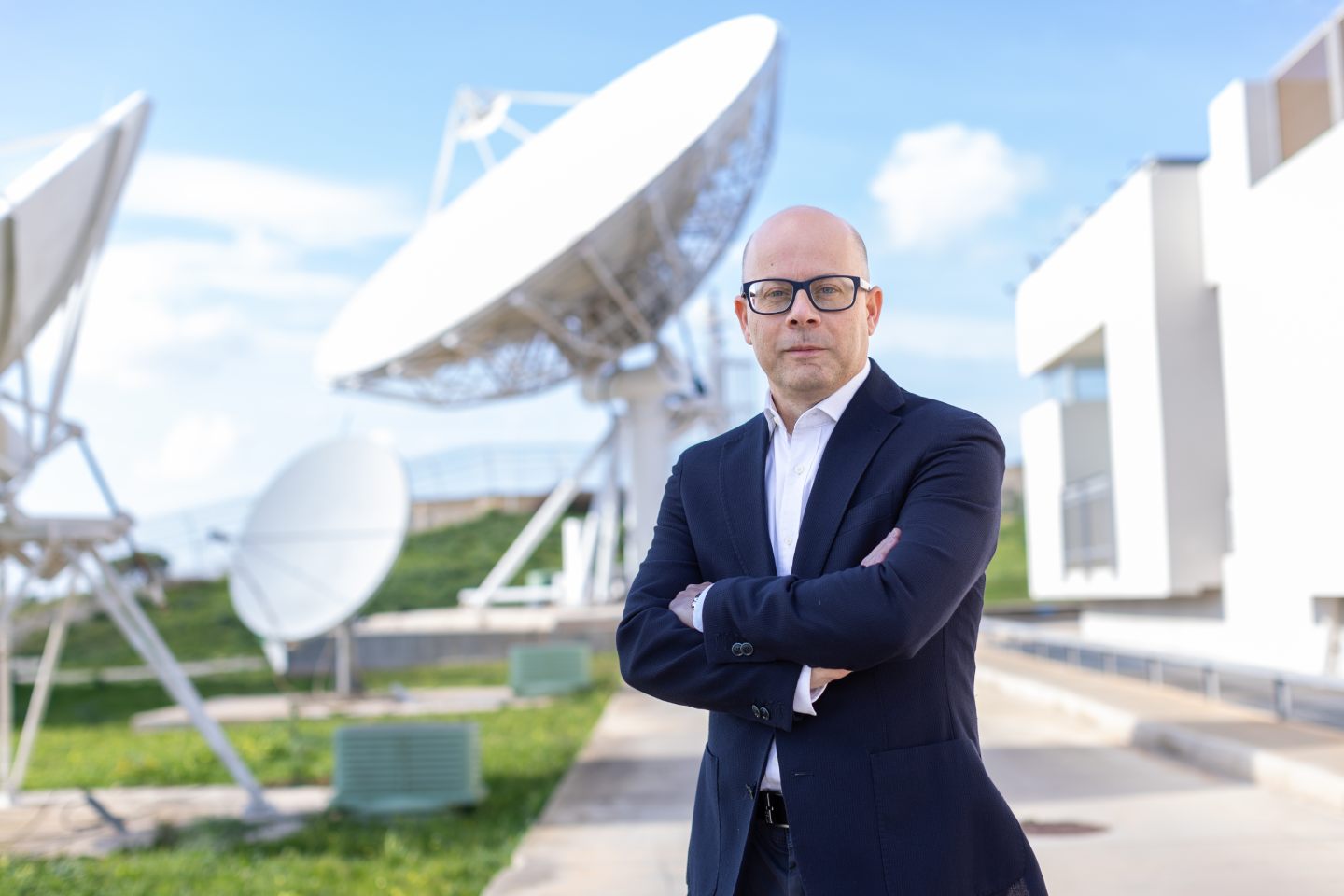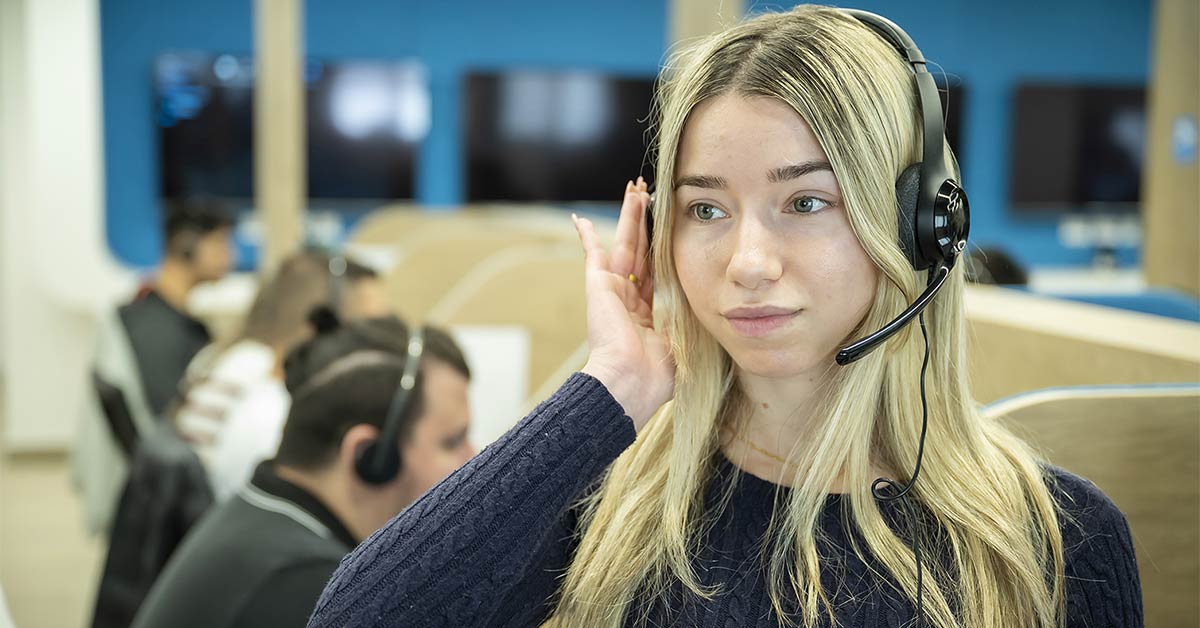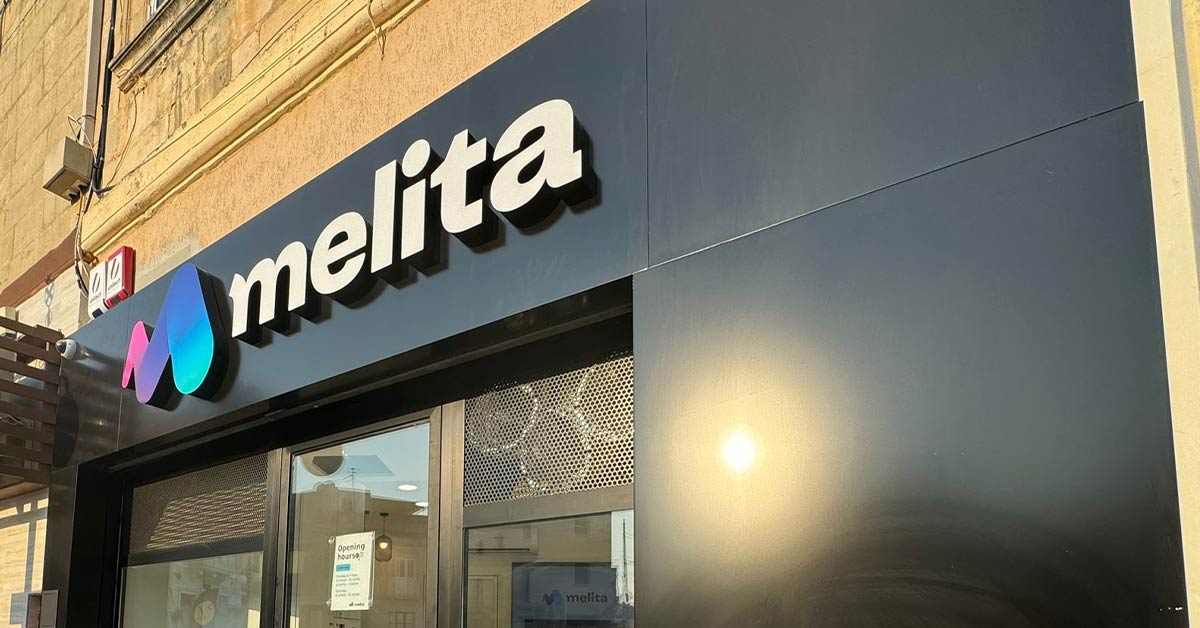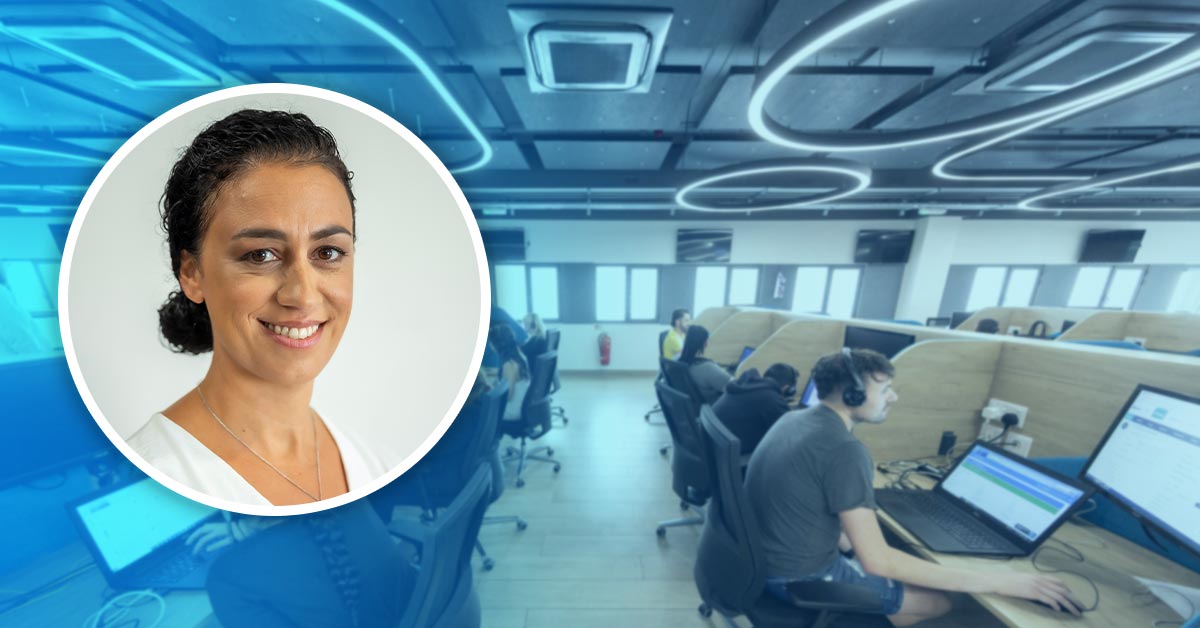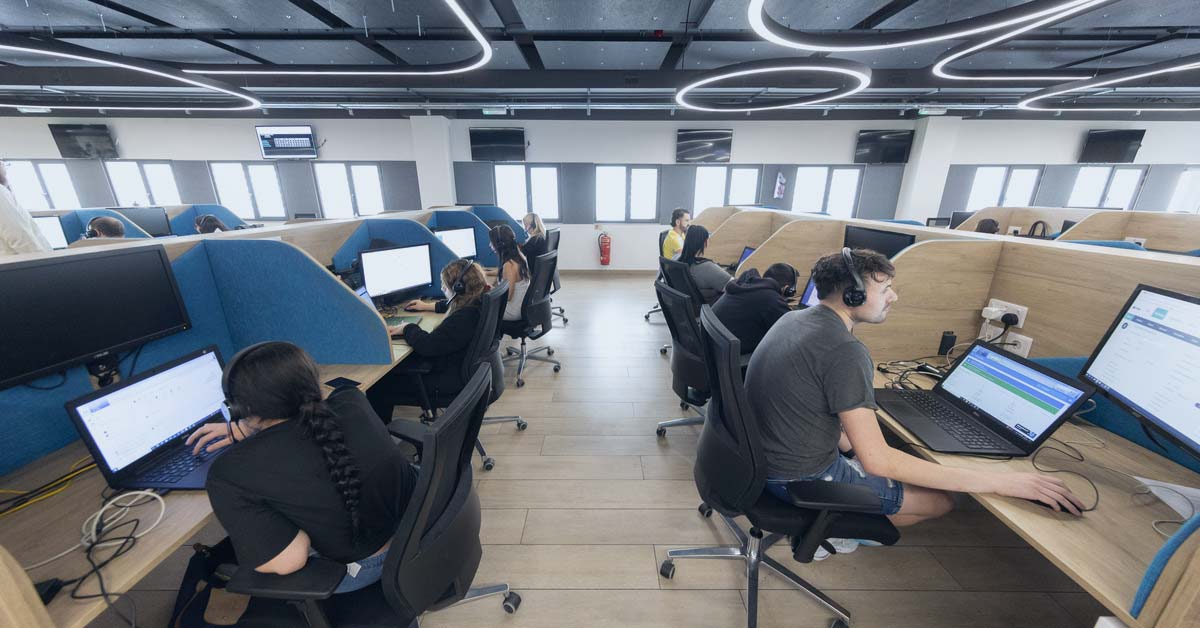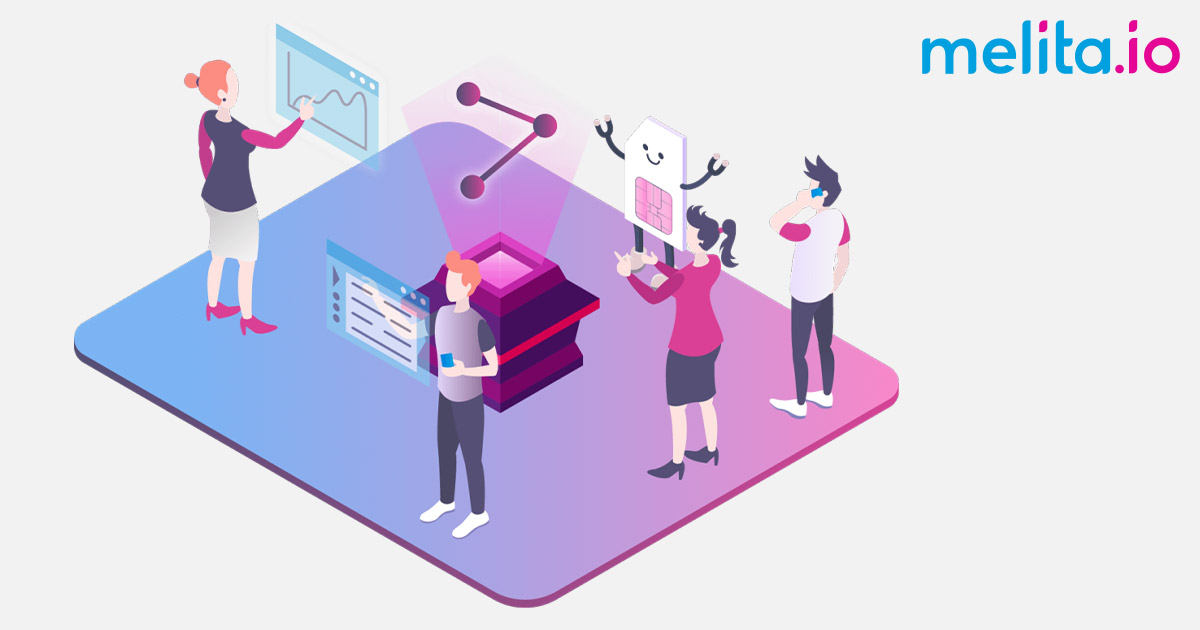
Last week I had the opportunity to take part in a panel discussion on the Internet of Things (IoT) and Automation at Zest. This is an area which I’m deeply involved with as Melita, through a dedicated brand melita.io, is investing heavily to commercialise IoT. This will address the needs of both our Malta-based as well as international business clients.
As is inevitable in any discussion on IoT, various figures are quoted on the number of connected devices in coming years. Enough said that telecommunications giant Ericsson, at the 2019 edition of the Mobile World Congress, forecasted that circa 5 million new IoT devices are connected daily. It is projected that some 25 Billion IoT devices will be connected by 2021. On the positive side, there doesn’t seem to be a discussion on whether IoT adoption will explode but rather when, and by how much.
Our discussion around the growth of connected devices and the network capabilities to sustain it, sparked the topic of value creation. We can easily get stuck in the excitement of the technology but in the end the key questions are: Are we creating value for the end user? Will customers pay for the added intelligence? In an earlier session at Zest on a related topic, one speaker worded this slightly differently: Are we solving a problem ?
The ever-decreasing size and cost of sensors means that today the technology exists to embed intelligence and connectivity in practically anything; from a door knob to a dog bowl, and to collect data on whether the door is open or the dog bowl needs filling. The potential uses of IoT are truly limited only by our imagination. The actual uses have a much more pragmatic limit; what will we pay for, and therefore where can IoT add value? Value can of course be perceived , in terms of the utility or satisfaction that someone derives from a product, or it can be quantified financially. The assessment of value is also something personal, but ultimately will customers be willing to pay for the service? In a B2B environment value-based decisions are generally more pragmatic and less subjective.
Our customers may be able to buy a toaster which can send an alert to a smartphone when the toast is ready, but if I’m hungry and waiting by the toaster with butter at the ready, what value is being created for me as an end-user? And critically, would a client be prepared to pay €20 extra for that toaster?
At Melita we have already provided solutions in areas such as garbage monitoring and collection, car-pooling, connected health care and fleet management; all applications where the solution provides value to the end client because they are able to give a better service, protect their assets, or because they are able to monetise their product better. In many instances there are also wider benefits such as traffic and pollution reduction, improvement of the environmental impact or savings to the public health service.
Digital health is a very exciting space, where there are endless opportunities for IoT to add real value in a variety of ways. These can range from reducing pressure on hospitals with less patient walk-ins, or providing patients with more accurate information in a more timely manner to improve outcomes and potentially save lives, to enabling remote surgical operations. One ambition is to improve people’s health by shifting from reactive healthcare to pro-active monitoring and wellness improvement. Micro sensors can be fitted to provide the necessary information to detect the early stages of specific conditions, automatically triggering alerts to patients or medical staff. Maria Marenco, a Blockchain Strategist, Healthcare Informatics expert and Mental Health professional delved much deeper into this subject in a subsequent panel at Zest.
Whatever the application, where IoT is concerned, the main challenge is rarely the lack of technological availability but rather the cost of the total solution versus the perceived value by the client. We probably need to do a better job here , spending more time explaining the benefits as opposed to focusing on the technology platform.
As always Zest provided lots of thought-provoking presentations by industry specialists in subjects ranging from digital health, to space exploration, quantum internet and artificial intelligence. I take this opportunity to thank and congratulate the Tech.MT and Malta Communications Authority teams who put together this annual event. Joining me on the panel we had Geoffrey Farrugia from HandsOn systems as well as Prof Tanya Sammut Bonnici, Pro Rector at the University of Malta who put in their own perspective on the impact of IoT.

